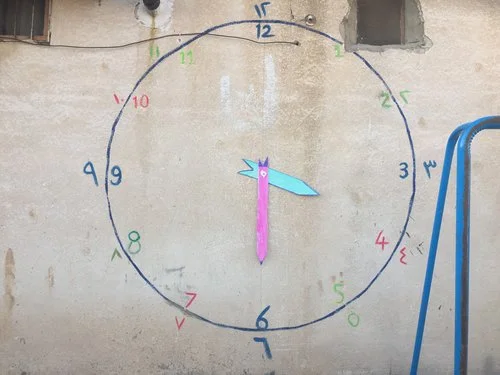Week 2 of our MOOC Transforming Education in Challenging Environments was very productive as our participants took part in the discussions and activities on both platforms reflecting their enthusiasm and willingness to share their learning and experiences. What was noteworthy, was the way participants supported each other and offered advice to their fellow participants in dealing with a range of pedagogical approaches. During this week, we focused on understanding the learner in context. We began by introducing Bronfenbrenner’s ecological systems theory and reflecting on its practical application for teaching and learning in challenging environments.
This theory helps us better understand the wider contexts and circumstances of the lives of learners and how these might impact on their ability to learn. The theory also helps us to identify possible points of intervention and areas for action in order to make changes and to better support children and young people’s learning. While the content focused on theory, the participants explored a number of ways in which the theory could provide relevant tools to inform their practice.
The participants on the Edraak platform shared and discussed examples related to school dropout; rated and connected this phenomenon with gender dynamics within the contexts they were familiar with. They also discussed safety of children on their way to school, bullying and limited resources. The participants highlighted the idea that the teacher can make a positive change when there is a collaboration between the teacher, school, caregivers of the children and parents drawing upon organisational resources, especially when there is a need for psychosocial support for children.
In the FutureLearn course, the participants engaged in in-depth discussions when the theory was introduced and used various examples to clarify it and bring it closer to the teachers’ lives and daily experiences. There were some excellent examples of how the theory could be applied on the discussion thread and how teachers had successfully worked with the different system levels to provide support to learners. Many participants commented on what they saw as the value of the framework and its relevance. One of the teachers said:
It is very important to consider the Ecological System Theory that we have applied and also to consider the environment that the learners are dealing with and the different levels of Society. Moreover, I must conclude that educators must be the guide, nurture, teacher, friends, family, listen to problems, prepare a safe place for learners and build a good atmosphere for them. Mustafa Khattab
And another,
It is absolutely crucial that we see individuals both as themselves, but also in the context of their wider environment. It is also important that we help our students address issues that they might not be able, or comfortable about, dealing with in their wider lives. SK
The participants then went on to discuss what learners bring to the learning space and how they can find effective ways to listen to their voices - their hopes, aspirations and needs with respect to learning. The participants posted multiple examples of how they had used technology or how they might use it in future to effectively listen to learners about these issues. One participant commented,
At the Microsystem nowadays, is the digital world. I would employ technology in the best way I could, to help amplify the voice of my learners & help them navigate into the sources of their beliefs, post their thoughts & create an identity in-line with their aspirations. Sarah Ah
The participants highlighted the important of creating spaces for their students that are unrestricted where they can express their opinions using technology. Technology was discussed by participants as a tool to facilitate learning and support teachers in their practice, however, realising that technology is not a substitute of an effective pedagogy.
During this second week, there has been great participation on both platforms and many excellent examples and suggestions of how the ideas discussed during the week were relevant to teachers’ own contexts of professional practice. One thing the participants have consistently said is how they have really valued the opportunity to share ideas and collaborate with others on the MOOC- as the following comments illustrate:
It has been a really interesting week indeed and I have very much enjoyed reading everyone's posts and opinions/ideas. There is so much to learn! Julie Green
We encourage those who haven’t yet posted their thoughts and ideas to take a look at the comments there already and see if they might like to respond to them from their own experiences. We also encourage those who haven’t yet registered in either of the platforms to do so. We still have two weeks and you can still start now.

